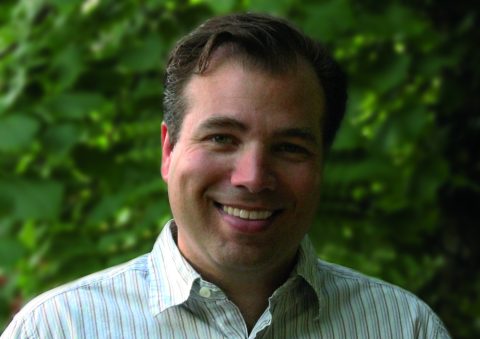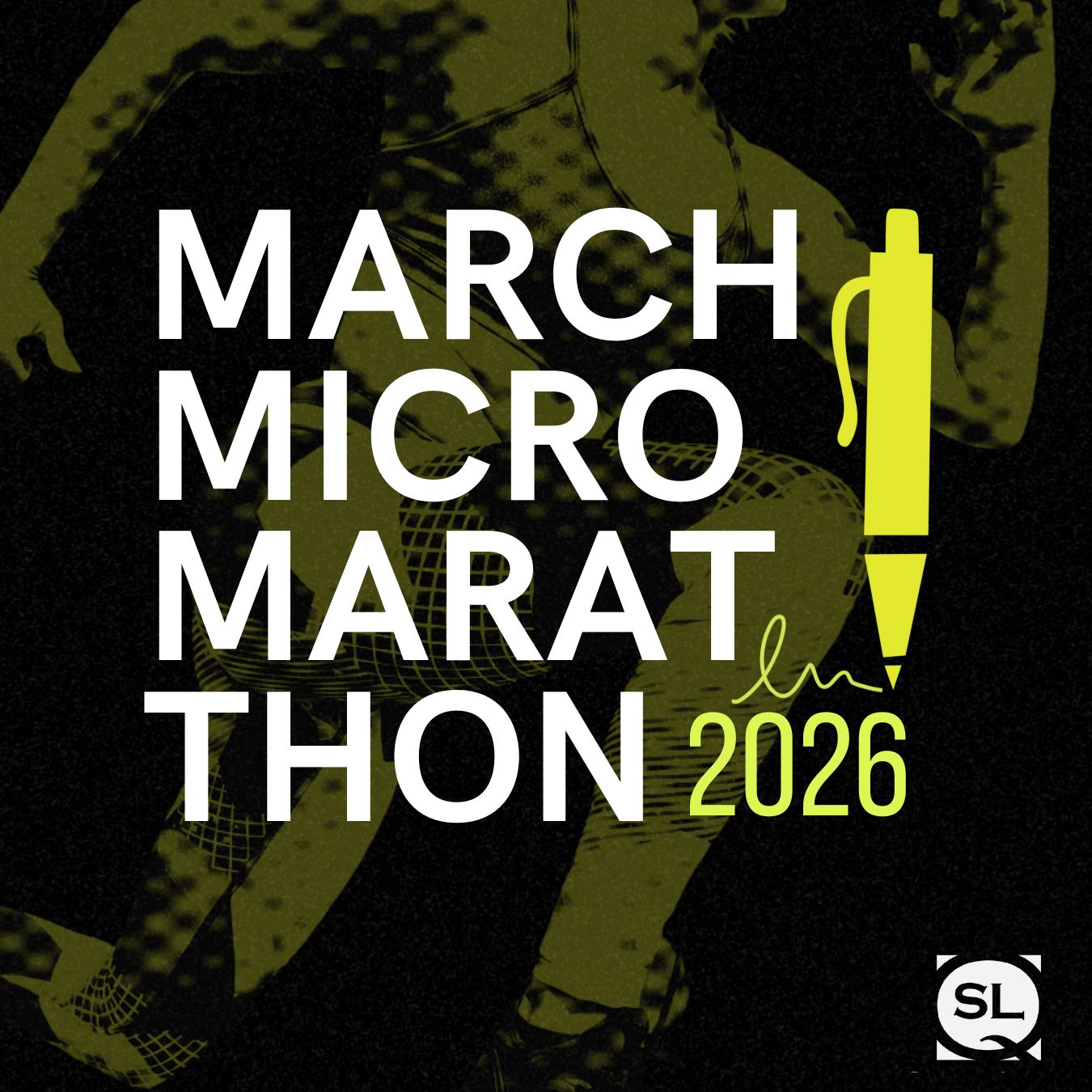You are the Fiction Editor for Monkeybicycle. How has this position influenced you as a writer?
This is a tough question, in part because I don’t think I’ve written any short stories since taking over as Fiction Editor in 2014. But all great fiction is fueled by bold choices, and because we only publish work shorter than 2,000 words, much of it shorter than 1,000 words, the risks of narrative, structure, and language are even more apparent than they might be in longer works. Writing novels sometimes feels like a cross-country hike in the dark, and few moments go by when you aren’t wondering if you’ve made a wrong turn. At the same time, a story is a story is a story, and all the wonderful pieces Monkeybicycle has been lucky to bring into the world remind me that narrative is a shape—many shapes, in fact— rather than a length.
You’re a novelist and a writer of creative nonfiction. Can you talk about your approach/process for both?
For me, writing a novel is painting, and writing nonfiction is sculpting. Fiction is inventing details and making narrative choices. Nonfiction is deciding what to leave out, giving shape to the unfathomable mass we call life. Both begin with voice, which, technically defined, is the hopeless attempt to make years of work sound natural and effortless.
What is your best piece of advice for writers of flash fiction?
Just because it’s short, it doesn’t have to be small. The emotions and worlds of flash fiction are the same size as those found in any novel.
What kind of story would you love to see in the queue this week?
Weird stories with a lot of heart, sad stories with a lot of humor, stories that contain a lot of story.


 In its third year, The March Micro Marathon will be, as usual, a prompt-a-day whirlwind for 24 days. You’ll exchange drafts of micro fiction, non-fiction, and prose poetry in small groups and gather for a series of online events (all recorded for participants unable to attend live). We’ll finish with 3 competitions, and participants who are not already in SmokeLong Fitness will be invited to workshop with SmokeLong Fitness until the end of April!
In its third year, The March Micro Marathon will be, as usual, a prompt-a-day whirlwind for 24 days. You’ll exchange drafts of micro fiction, non-fiction, and prose poetry in small groups and gather for a series of online events (all recorded for participants unable to attend live). We’ll finish with 3 competitions, and participants who are not already in SmokeLong Fitness will be invited to workshop with SmokeLong Fitness until the end of April!